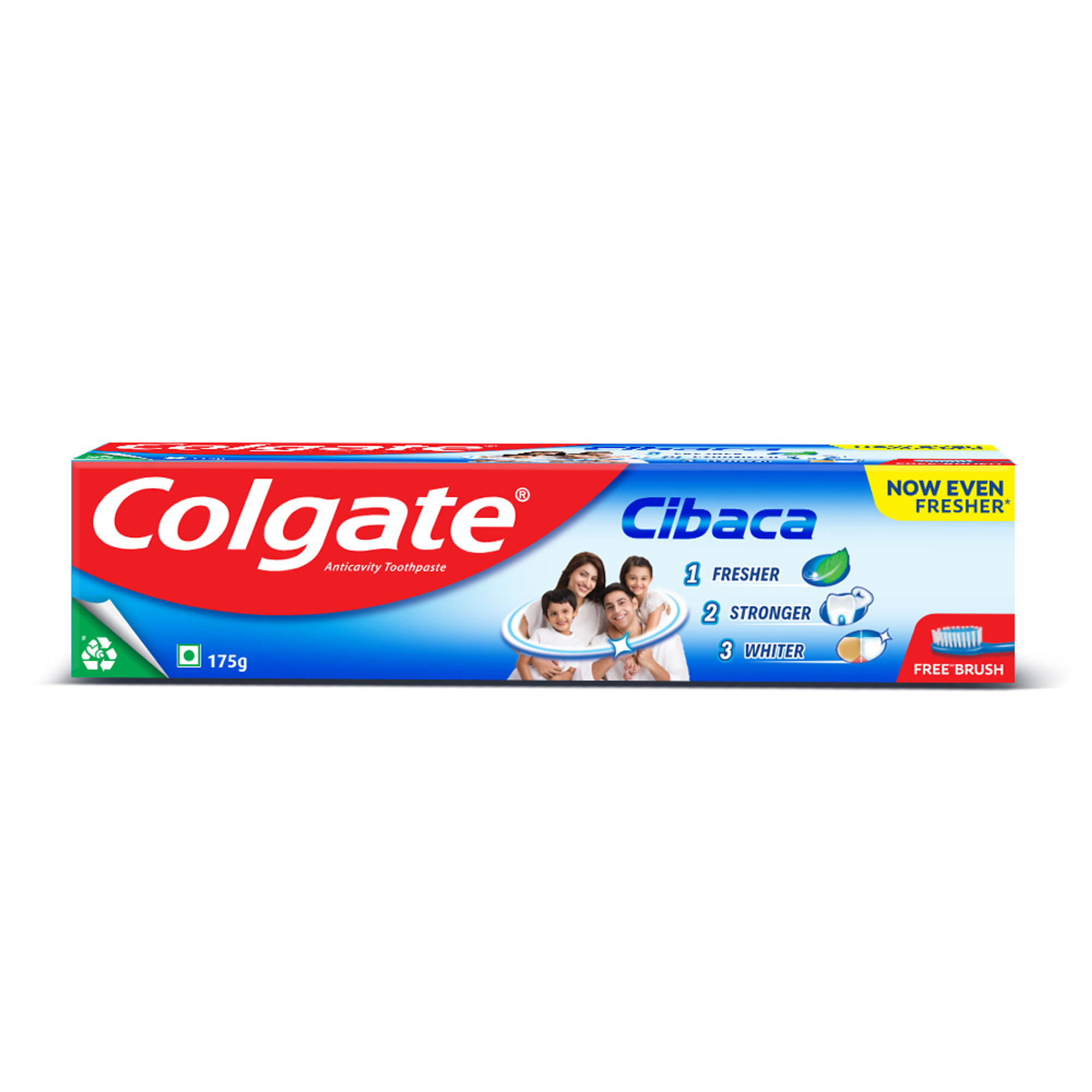1. Crunchy Vegetables and Fruits
An apple a day might keep the doctor away, but that includes your dentist. Crunchy fruits and veggies are just some of the foods that prevent tooth decay, due to a high fibre content that stimulates the flow of saliva throughout your mouth. Therefore, slices of carrot, celery or apple go perfectly with an otherwise rich main course to help give your teeth a good cleaning.
The saliva you produce when you eat crunchy veggies, in particular, rinses any remaining sugar away from your teeth before it has a chance to attack healthy tooth enamel. The New Indian Express explains that fruits and vegetables are an important part of any balanced diet, and they are also good for your teeth. Since they are high in water and fibre, they help balance the sugars they contain and help to clean your teeth. Chewing also helps to stimulate saliva production.
2. Cheese and Dairy
If you look forward to eating cheese, here's some fantastic news: It happens to be phenomenal for your teeth. Cheese doesn't contain much sugar, but it does carry protein and calcium – both of which are important for the strength and health of your enamel. According to the National Health Portal of India, cheese is considered as an anti-cavity food as it stimulates saliva secretion and decreases the risk of tooth decay. Participants in a study who chewed on cheese for three minutes saw their mouths' pH levels increase over the course of 30 minutes. A low pH indicates higher acidity, and usually increases your risk for tooth decay at less than 5.5. Having a higher pH means a lower risk for decay.
Cheese isn't the only dairy product that is good for your teeth, of course. Drinking milk after eating sweets also can reduce the amount of plaque build-up on one's teeth. Like its relative in cheese, milk is a classic source of calcium, which can help remineralise the teeth and minimise decay.
3. Seafood
Fish, lobsters and shellfish can be great for your teeth, and for two reasons. First, they tend to be an excellent source of lean protein, which can help keep your teeth healthy and strong in general. According to an article published in India Today, food prepared in fluoridated water contains fluoride. Natural sodium fluoride is in the ocean, so most seafood contains fluoride. This fluoride can help reduce your risk for tooth decay just like the fluoride incorporated in your tap water.
4. Nuts and Other Sources of Protein
If you aren't a fan of seafood or can't eat it due to an allergy, rest assured there are a variety of foods containing the protein that helps your teeth in much the same way. Nuts contain a good amount of protein, as well as calcium and phosphorous, which help strengthen your teeth's enamel. Because nuts are crunchy, eating a handful of them also stimulates saliva production, which can further reduce your risk for tooth decay. Chicken, eggs and other types of lean meat are great for your teeth thanks to their own protein.
What you eat can definitely help to protect your teeth, but a healthy diet isn't a replacement for a great oral care routine at home. Along with eating tooth-healthy foods, remember to brush twice a day using a fluoride toothpaste recommended by your dentist. See your dentist twice a year for cleanings and a check-up so any problems get treated before they become a bigger deal than they need to be.
This article is intended to promote understanding of and knowledge about general oral health topics. It is not intended to be a substitute for professional advice, diagnosis or treatment. Always seek the advice of your dentist or other qualified healthcare provider with any questions you may have regarding a medical condition or treatment.
ORAL HEALTH QUIZ
What's behind your smile?
Take our Oral Health assessment to get the most from your oral care routine
ORAL HEALTH QUIZ
What's behind your smile?
Take our Oral Health assessment to get the most from your oral care routine













